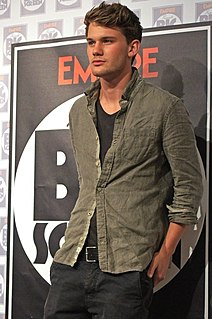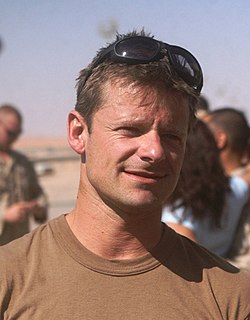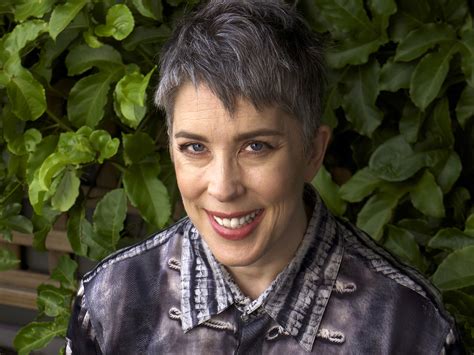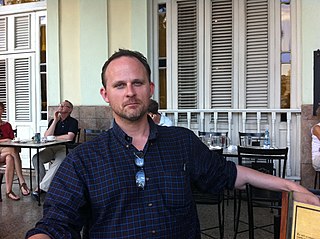A Quote by Robert Greene
I'd done a lot of research in Hollywood and in academia. I love research and so I wanted to kind of ground the book in history, in things that I read that were universal and timeless and then kind of let my own experiences sort of filter through all of this history.
Related Quotes
I read a ton of nonfiction. I tend to read about a lot of very extreme situations, life-or-death situations. I'm very interested in books about Arctic exploration or about doomed Apollo missions. I tend to read a lot of nonfiction that's sort of hyperbolic and visceral. And then I kind of draw on my own personal experiences and my own sort of generic life experience, and I kind of try to feed my day-to-day reality that I have with sort of high stakes reference points that I read about. They're things everyone can relate to.
I'm an expert at killing time on planes now. I do a lot of reading. My secret sort of nerdy side is I'm quite into history so I read a lot of history books. Now I write for a few things and I've had a few history things published, which is cool. I indulge my nerdy side and it's kind of as far away as you can get from the acting world so that's nice as well.
I've always really loved big worlds and the kind of worldbuilding where you can open a portal into a new realm that feels full and complete. At the same time, I also really love history. So the combination of big worlds and history draws me directly into fantasy. Well, it should turn me towards historical fiction but I'm such a perfectionist about research that I'm not sure I could ever write a book in that genre properly. In fantasy, you have to have the same level of precision, but it's not as research-based. Plus, I get to write my little info sheets and draw my maps.
The notion of a writer sitting in a library doing research isn't what I want. The research I love doing isn't found in a book. It's what it feels like to rappel down the side of a building; to train with a SWAT team; to hold a human brain in your hands; or to dive for pirate treasure. Those are things I've done to research my stories.
I get letters from two kinds of readers. History buffs, who love to read history and biography for fun, and then kids who want to be writers but who rarely come out and say so in their letters. You can tell by the questions they ask - How did you get your ?rst book published? How long do you spend on a book? So I guess those are the readers that I'm writing for - kids who enjoy that kind of book, because they're interested in history, in other people's lives, in what has happened in the world. I believe that they're the ones who are going to be the movers and shakers.
Oral history is a research method. It is a way of conducting long, highly detailed interviews with people about their life experiences, often in multiple interview sessions. Oral history allows the person being interviewed to use their own language to talk about events in their life and the method is used by researchers in different fields like history, anthropology and sociology.
My book, Oral History: Understanding Qualitative Research is about how researchers use this method and how to write up their oral history projects so that audiences can read them. It's important that researchers have many different tools available to study people's lives and the cultures we live in. I think oral history is a most needed and uniquely important strategy.
I re-read The History of White People by Nell Irvin Painter. It's a book every one should read, particularly Americans, as the USA is her primary focus. Her book demonstrates that white is not universal, that white is not neutral, that it has a history, which she eloquently delineates. It's not often you finish a book understanding how the world operates better than before you read it.






































